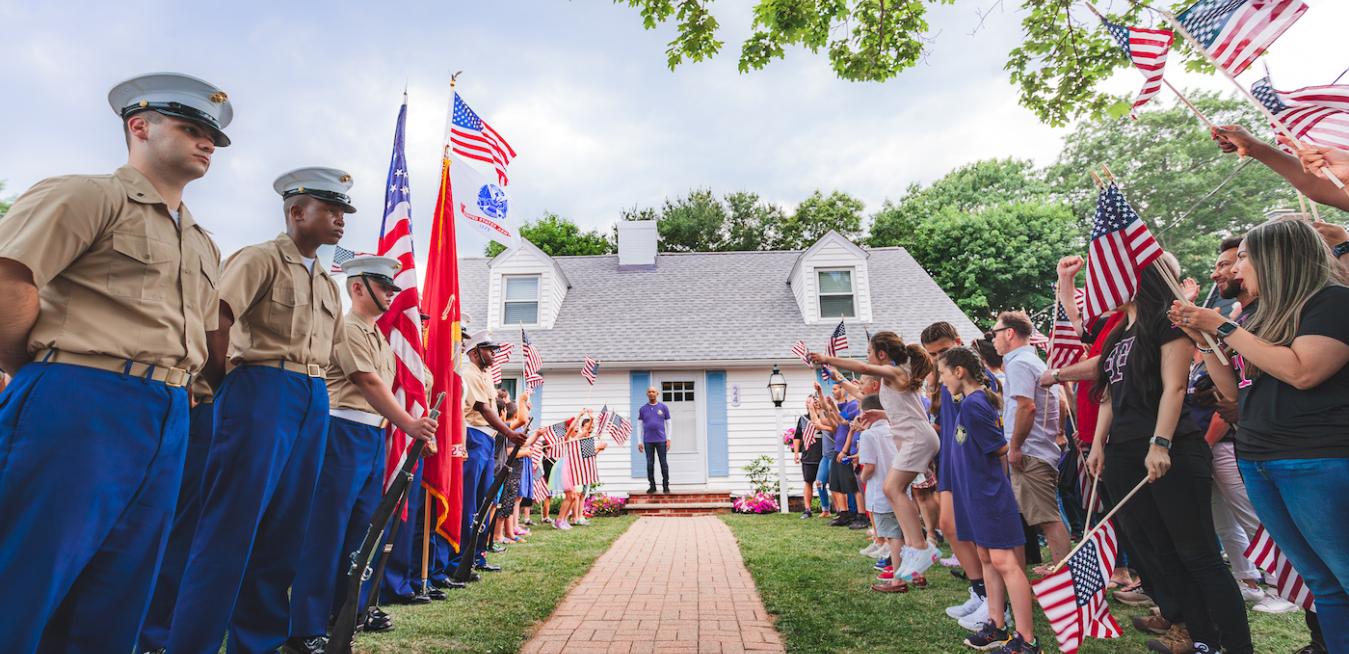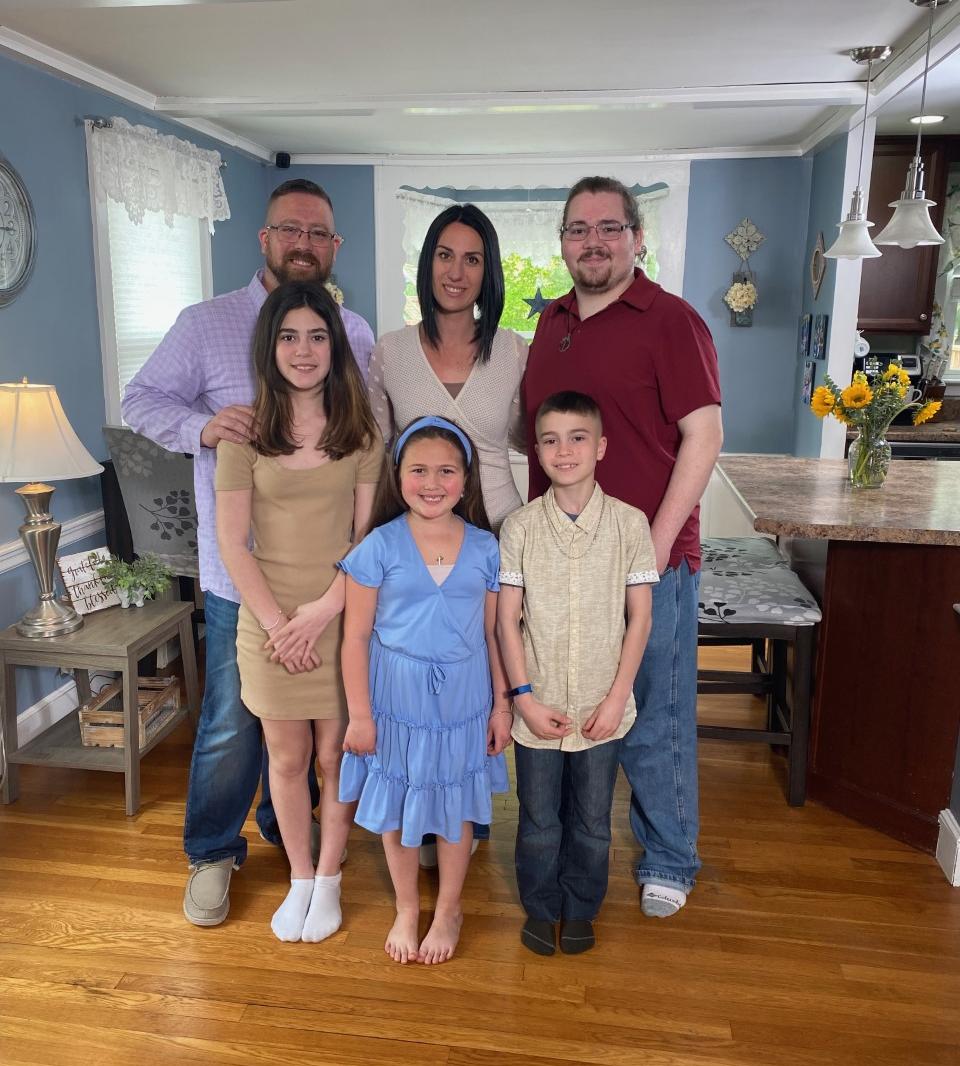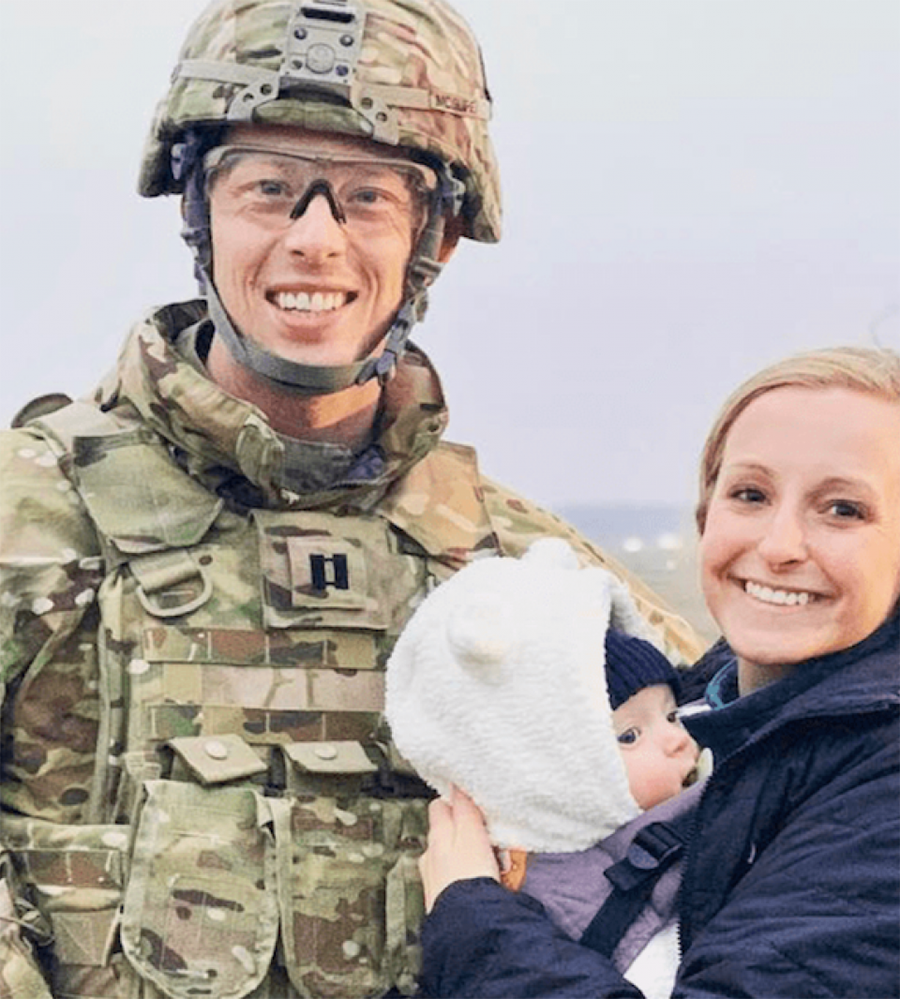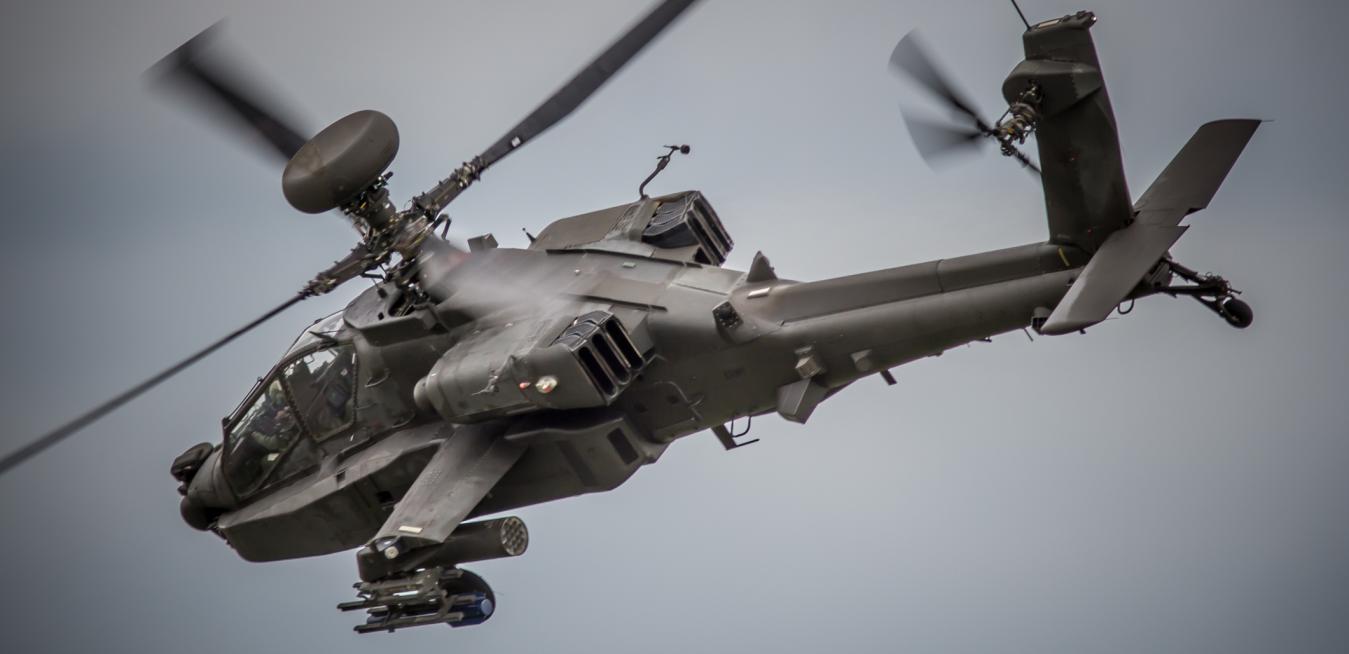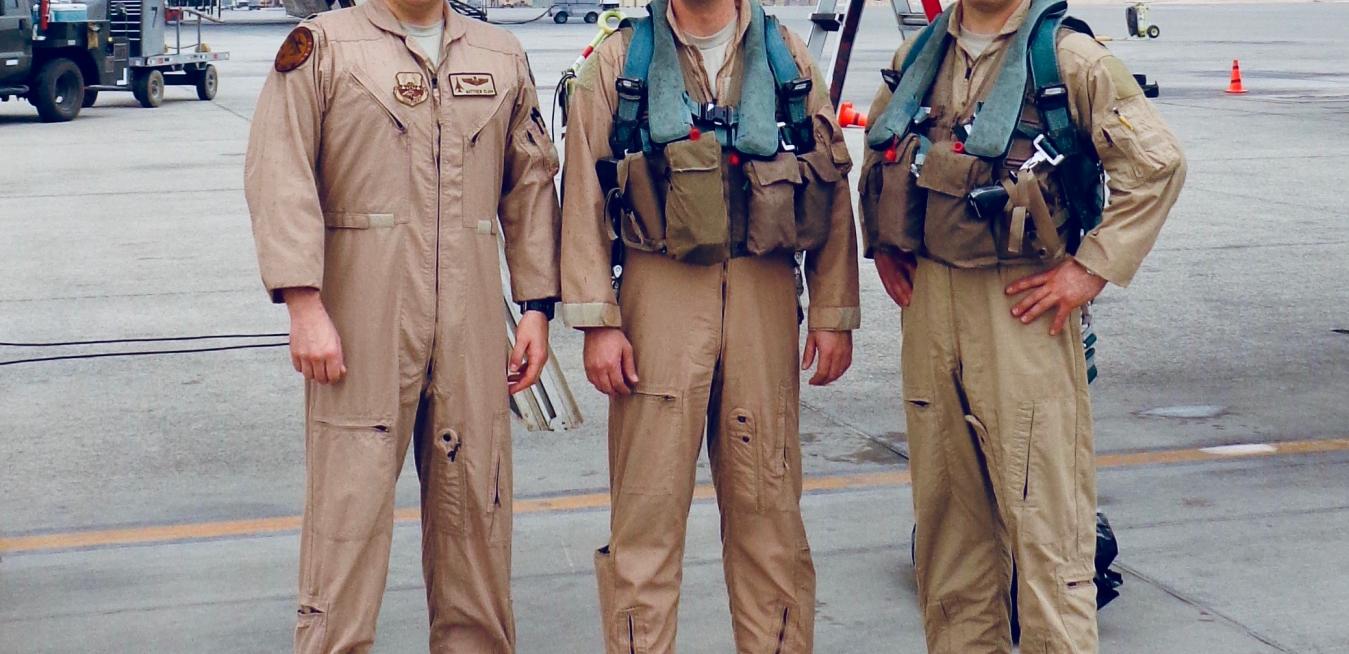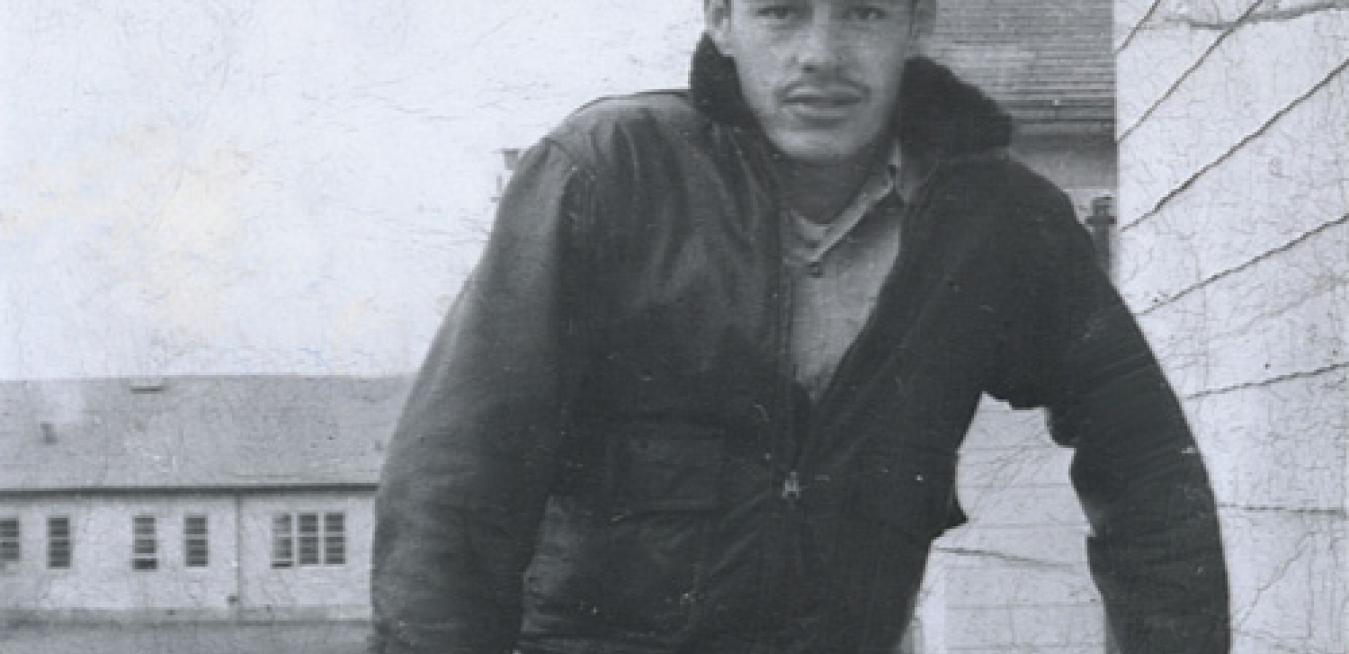For nearly two weeks this summer, a usually quiet street in Lynn, Massachusetts, was a hive of round-the-clock activity. Contractors and locals wielding torque wrenches spilled out of the doors of a two-story Cape Cod as trucks, dumpsters, and brand-new appliances crowded the curb in front. From the outside it looked like the site of a typical home renovation — until you noticed the interview tent and roving camera crew.
Six-year-old Tyler Carmody had resigned himself to another holiday without his dad. For nine months, his father, Jason, had been stationed in Iraq with the Massachusetts National Guard’s 972nd Military Police Company. Thanksgiving, Christmas, Valentine’s, Easter — Tyler and his mother, Alyssa, had made the best of it, buoyed by friends and extended family. Now it was July 4 and, while Tyler and Alyssa were invited to a few barbecues, he knew it wouldn’t be the same.
The family walks into their house and their jaws drop. Their once cluttered front room, a mess of cast-off exercise equipment, cleaning supplies, and knickknacks, has been transformed into a sleek minimalist dining area. As they continue through the house, each room elicits gasps: the completely remodeled kitchen, with all-new cabinetry, countertops, and appliances; the stylish bedrooms for the kids; the basement man cave with a 75-inch TV and working beer tap. Outside, a crowd of well-wishers is waiting to present the dad with a new motorcycle.
Service before self.
That was the message Gabrielle “Gabbe” Kearney, a GE Aviation lead security analyst, heard throughout her upbringing. Her father, Brig. Gen. Ron Wilson, had a full-time job with the National Guard, but also found time to volunteer with the PTA and fire department, coach youth sports and work part time for American Airlines.
“He is so selfless,” Gabbe says. “Growing up, I just wanted to be like that.”
Brennen McGuire served nearly seven years in the U.S. Army — four years in the infantry, followed by 2 1/2 in intelligence. By the time he’d reached the end of his tour of duty, at Fort Campbell, Kentucky, in 2019, he had risen to the rank of captain, been stationed in five different states and served in Kuwait and Afghanistan. He’d navigated a lot of challenges in a fairly short time. Now he faced an even bigger one: What to do next?
Jamie Pierce knows a few things about rotors. Pierce works at GE Renewable Energy — the GE unit that makes some of the world’s most powerful wind turbines — and has spent three decades in the U.S. Navy, including 13 years of active duty as a helicopter pilot. Pierce’s day job as an executive in the Renewable Energy Project Management Office now involves some of the most complex wind projects. Just in time for Veterans Day, Pierce shared with GE Reports his story as well and insights about the importance of recruiting and hiring veterans. See our video and edited Q&A below.
On the fifth floor of Xavier University’s Conaton Learning Commons just outside Cincinnati, Ohio, there’s a place where everyone has one thing in common: they served.
That place is the Xavier University Student Veterans Center. From career counseling, to financial aid, to academic advising, the Student Veterans Center is the heart of student veteran life for Xavier’s more than 300 current veteran and military-connected students. Perhaps its most important resource, though, is community.
Few sights are more terrifying than a surface-to-air missile (SAM) targeting you while flying a B-1B bomber 25,000 feet over a hostile part of Iraq at 600 mph. But retired U.S. Air Force Lt. Col. William Dobbs surprised himself in 2003 by remaining preternaturally calm when he alerted his crew members that a missile launch tone had sounded. His only concession to anxiety, he acknowledges ruefully: “My voice came out several octaves higher than normal.”
Former U.S. Air Force Crew Chief Jeff Schnitzer, who now works as a general manager at GE Energy Connections, shares stories about the unexpected ways his military service helps him do his job.
How does flying a 20,000-pound Black Hawk helicopter relate to hitting quarterly earnings targets? How can responding to a tsunami help prepare someone to manufacture a part better and faster?
